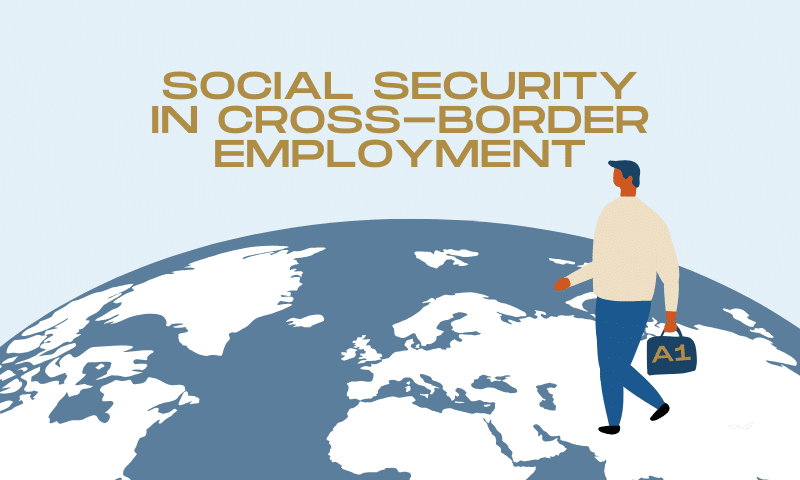Understanding the Ruling
The case centered around a Polish citizen employed by a Polish company in France. Initially the Polish authorithies issued an A1 certificate under a presumption that later proved inaccurate.
The case centers around a Polish citizen engaged by a Polish company to work in France. The Polish authorithies initially issued an A1 certificate based on the presumption that the individual worked in Poland and in France as a self-employed person. As it became clear that this presumption was incorrect the Polish authority withdrew the A1 without coordinating this action with the French authority.
Key takeaways from the ruling:
-
Facts Over Presumptions:
The EUCJ emphasised that an A1 certificate is declaratory and not a source of rights, placing emphasis on factual circumstances determining social security affiliations. -
Ongoing Obligations:
Issuance of an A1 certificate does not grant unchecked freedom. It mandates ongoing reporting of changes in circumstances, emphasising the responsibility of both employers and employees. -
Employer Obligations:
The ruling highlighted the employer’s role in monitoring and ensuring adherence to the facts upon which the A1 certificate was issued.
IMPLICATIONS FOR EMPLOYERS
Stay Informed:
Employers must actively monitor and report any changes in work patterns or circumstances affecting A1 compliance.
Common Scenarios to Watch:
Keep a keen eye on situations where assignments or cross-border commuting evolve beyond initial presumptions. Factors such as partial work in the state of origin or hybrid work scenarios can impact social security compliance.
HOW CAN CROSSBORD ASSIST?
At Crossbord, we specialise in aiding companies dealing with cross-border employment challenges. Here is how we can support you:
-
Compliance Review: Ensuring accurate and compliant A1 applications from the outset.
-
Ongoing Monitoring: Implementing mechanisms to track ongoing compliance, preventing issues from evolving beyond A1 scope.
-
Employee Guidance: Equipping your employees and parthers with the necessary knowledge to align with existing A1 regulations.
-
Payroll: A key component in a compliant business, is a payroll partner or payroll support able to navigate the A1 regulations.
Take action today
Do not let complexities in cross-border employment catch you off guard. Reach out to Crossbord for tailored solutions and expert guidance in managing social security compliance efficiently.
For a comprehensive review of your compliance program or assistance with specific cases, get in touch with our team.
* By checking GDPR Consent, you agree to let us store the information you provided in our system. You can always contact us to permanently remove your data.







 ® – 2024. All rights reserved. Crossbord
® – 2024. All rights reserved. Crossbord